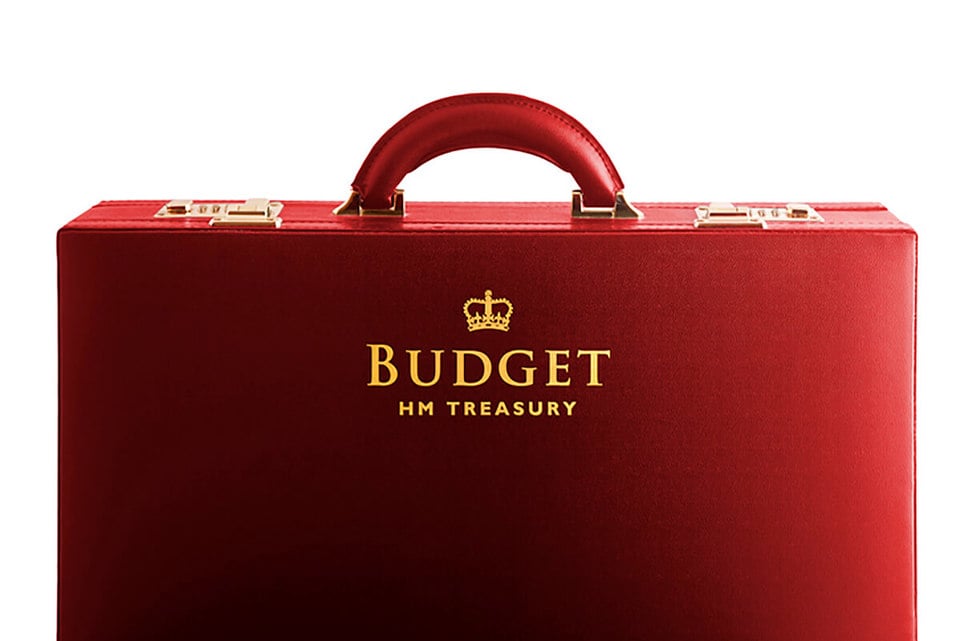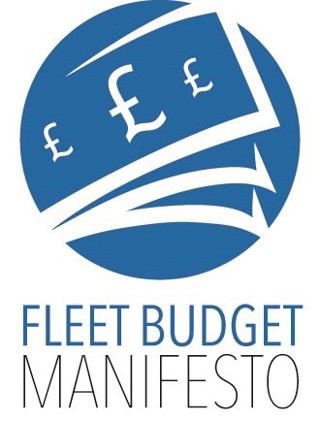Fleets have just a few weeks left before they will find out how the Government intends to mitigate the impact of WLTP on future company car tax rates.
The Chancellor of the Exchequer, Philip Hammond, will deliver his budget speech in the House of Commons on Monday, October 29.
Fleet decision-makers have been on tenterhooks, having to extend company car contracts, while uncertainty surrounds benefit-in-kind tax rates beyond 2020/21.
Furthermore, company car drivers and fleet operators, already facing an increase in BIK due to increases in correlated NEDC CO2 figures, want to know how the Treasury aims to account for the full impact of WLTP.
From September 2018 until April 2020, the new WLTP CO2 value for a vehicle is being converted to correlated NEDC figures using the EU-wide CO2MPAS equation.
However, on average, it is resulting in CO2 increases of between 10% and 20%, moving many cars up a couple of tax bands.
The Government has proposed that, from April 2020, full WLTP figures will be used for BIK, VED and employers’ national insurance contributions.
Full WLTP could result in another 10-20% rise in CO2 emissions, further hitting company car drivers with higher BIK taxation deductions, exacerbated by the fact that the BIK thresholds themselves will have risen by four percentage points for most cars at that juncture.
On the continent, Spain has postponed the implementation of a revised tax regime based on WLTP emission figures until 2021, according to Autovista Group.
There was speculation that a new tax regime based on WLTP CO2 values could be introduced as early as January 2019. However, the Ministry of Industry, Commerce and Tourism has approved the usage of NEDC-correlated values until December 31, 2020, in order to reduce the impact on the sector.
It said that it will allow the use of the correlated value up to that date to give a “homogeneous treatment to the taxation of vehicles and to mitigate the direct impact on the demand of automobiles of WLTP”.
Only Finland and Germany have confirmed that, from September 1, 2019, taxes on new cars are calculated using WLTP emissions figures.
Before the UK Government announces its plans, Fleet News is urging the industry to support calls for the Chancellor to address key fleet concerns in October’s budget.
It is joining forces with the British Vehicle Rental and Leasing Association (BVRLA) and the Association of Car Fleet Operators (ACFO) to make a joint representation to Treasury ahead of the Budget.
The Fleet Budget Manifesto is calling on the Treasury to:
- Realign BIK to take account of WLTP-based CO2
- Reconsider 4% diesel supplement
- Bring forward the 2% BIK incentive for ultra-low emissions vehicles (ULEVS) to April 2019
- Raise ULEV incentives through a long-term commitment to grants
- Commit to a longer-term view of BIK - four to five years
- Begin consulting on future and alternative company car taxation policies.
To show your support, please add your details by following the link to the Fleet Budget Manifesto.























Sage & Onion - 27/09/2018 12:00
Does anyone know what the CO2MPAS conversion calculation is from WLTP to NEDC equivalent? It would help Fleet Managers greatly if we knew this for long term strategic planning so we can forecast the effects when it is removed in April 2020. I have learnt over the years that we can't trust government policy so I prefer to calculate the position myself.